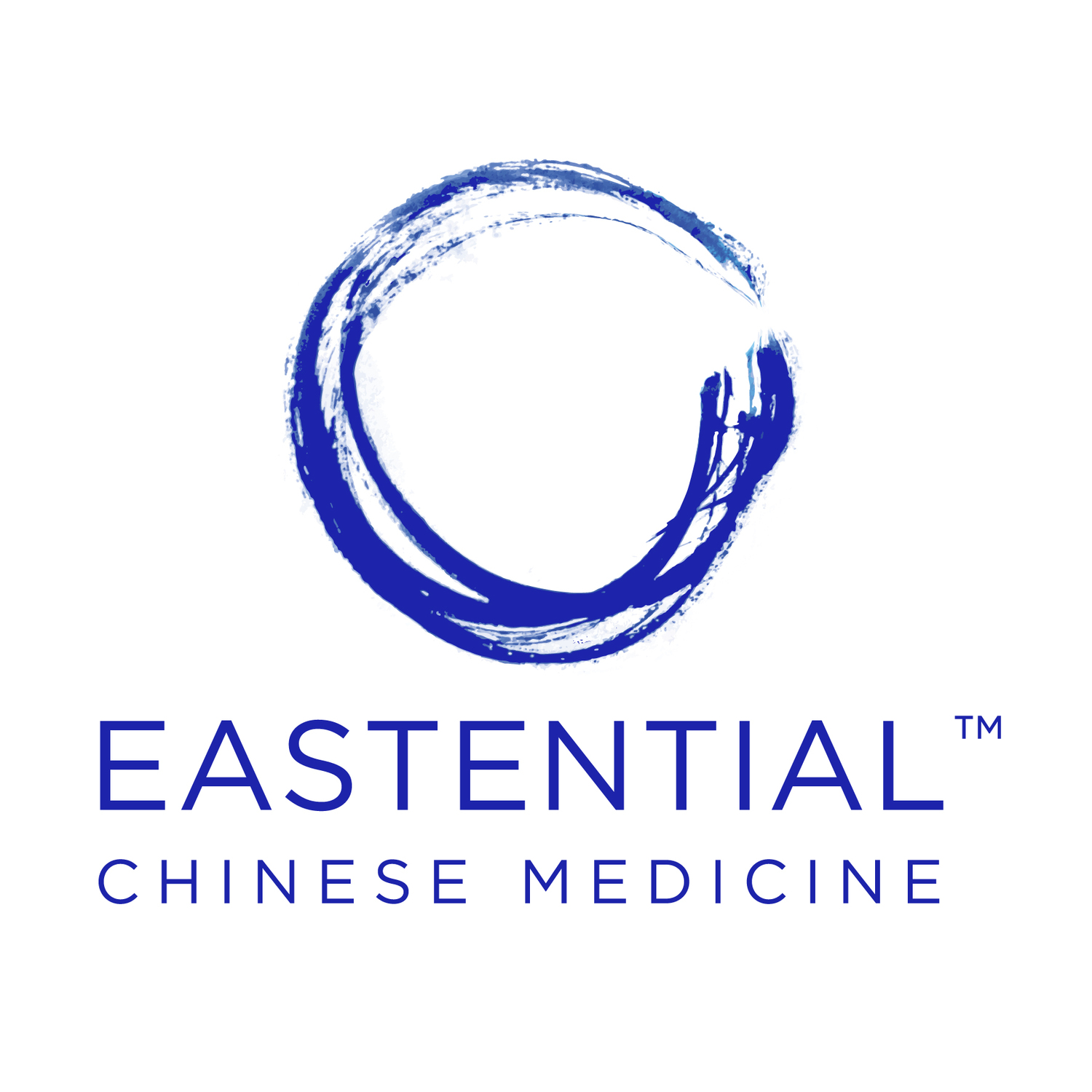Menopause is a natural progression in womanhood when the reproductive system begins to declined and menstrual blood stops permanently for twelve months. This transition leading up to the last period (peri-menopause) and into menopause can last between two to five years or sometimes more. The median age of menopause in industrialised country is fifty-one years old, peri-menopause symptoms can occur between forty-eight to fifty-five years old. However, certain circumstances may bring on early symptoms of peri-menopause for example:
women that never had children
smoking (studies have shown that smoking can cause early onset of menopause up to two years earlier than women that do not smoke)
chemotherapy or surgery that had removed both ovaries
other health problems (Dutta, C. & Joffe, H., 2019, Office of Women’s Health, USA)
Western medicine in Australia treat menopause using Hormone Replacement Therapy (HRT). It is an effective medication that can ease the transition into menopause however, there are some side effects such as the risk of blood clots, stroke and breast cancer (2019, Australasian Menopause Society).
From Chinese medicine perspective, women’s health has an important part in Chinese medicine for 700 years assisting women throughout their phases. There are seven phases of a women’s life, each within a seven year cycle (refer to info-graph below). Peri-menopause and menopause falls in the sixth and seventh phases of a women’s cycle. As written in the Classic of Suwen, age between 42 to 49, “… the face scorched all over” suggest the beginning of peri-menopause symptom of hot flushes. At the age of 49 and beyond, the extraordinary vessels that supports menstruation (Ren Mai and Chong Mai) is emptied and weaken and, Tian Gui (menstruation) is exhausted, the onset of menopause begins.
Main symptoms are:
Vaginal dryness
Hot flushes/flashes
However, there may be accompanying symptoms such as:
Sweating/Night sweating
Headache
Lethargy
Tiredness
Irritability/Emotional changes
Anxiety
Nervousness
Depression
Insomnia
Poor concentration
Weight gain
Diminished sexual desire, low libido
During peri-menopause phase, there may be symptoms of irregular periods with shorter or longer cycles, lighter or heavier flow and symptoms listed above due to fluctuation of estrogen and progesterone and to some certain extend, testosterone levels. These fluctuations from a Chinese medicine perspective is due to the imbalance of Yin and Yang and the decline in Kidney Jing. Can Chinese medicine and acupuncture ease the transition into menopause? Absolutely! To understand how we go about managing and assisting patient with peri-menopause and menopause, head to the next article ‘Menopause from a Chinese medicine perspective.’


